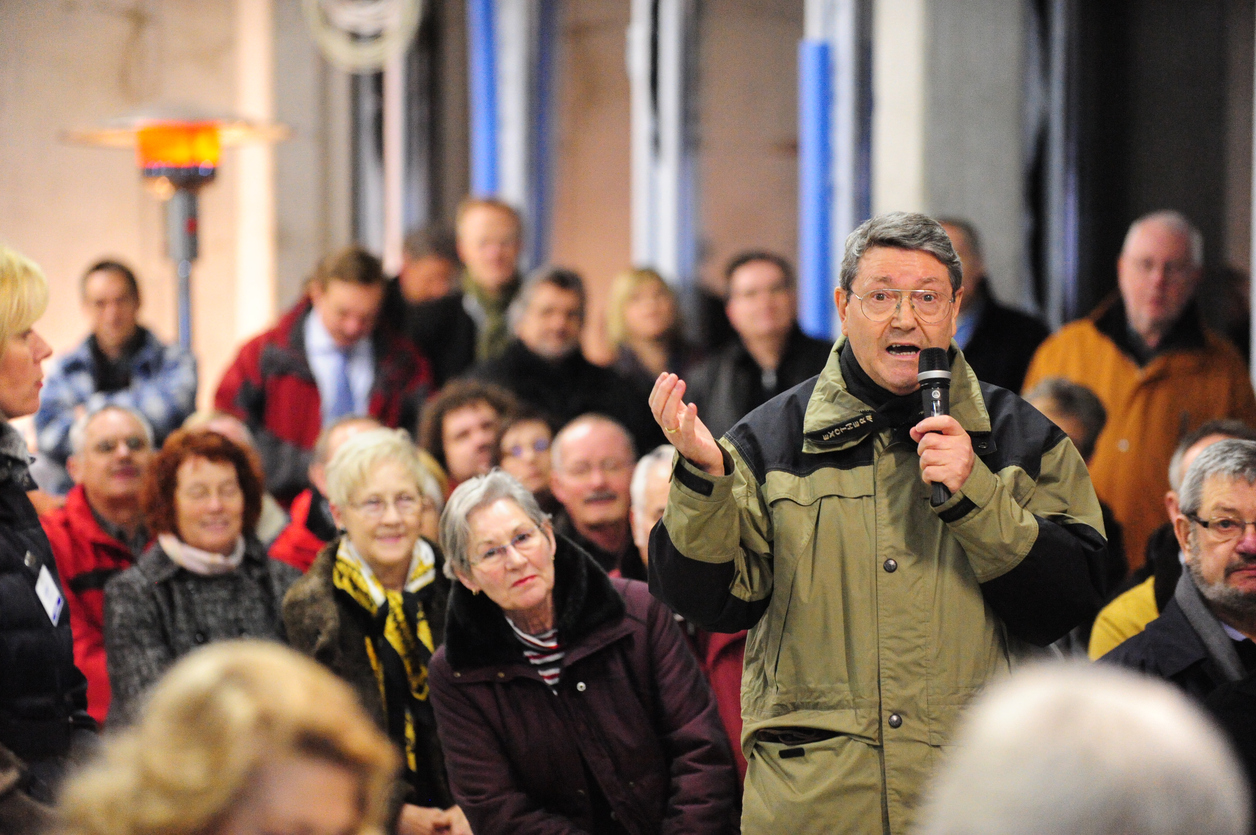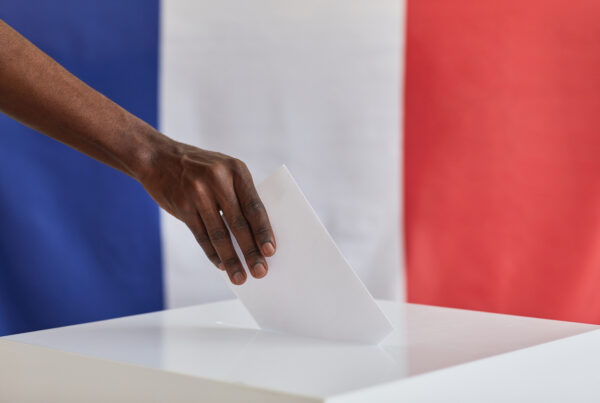You might not know it from all the noise (shouting) on the presidential campaign trail, but there are some real issues on the minds of voters. According to a May 2016 Gallup survey, 25 percent of Americans picked the economy or jobs as the next president’s top priority. Economic anxiety is once again on the public’s mind, even though the U.S. has been out of a recession since July 2009. But events in the European Union and our own political crises have shaped the public’s perception.
Nothing has magnified our economic angst more than international trade and the pending congressional vote on the Trans-Pacific Partnership (TPP) trade agreement. Hillary Clinton and Donald Trump have both publicly opposed the agreement, while President Barack Obama, House Speaker Paul Ryan and the U.S. Chamber of Commerce support it. Who says politics does not make strange bedfellows. But what do Americans think of trade agreements?
A Tarrance Group/Lake Research poll conducted in April 2016 reported that 50 percent of Americans thought international trade agreements were bad for the U.S. economy. Similarly, an April 2016 survey by Morning Consult found that 54 percent of Americans thought trade between the United States and foreign countries hurt the country. Both surveys found that only a quarter of the public believes trade is good for the economy or has helped the country. Clearly Americans are anti-trade, right? Not exactly.
Pew Research found over the past two years that a vast majority (68%) of Americans thought growing trade and business ties between the U.S. and other nations are good for the country, and a majority thought trade was good for the economy. The same survey found that only 20 percent said trade creates jobs and 17 percent said it increases wages.
The truth is that Americans are consistently inconsistent when it comes to having an opinion on trade, and a result of 30-second soundbites and the dumbing down of America. The last time America had a civilized, national conversation about trade was during the 1992 presidential race, which led to the historical 1993 televised debate between Ross Perot and Vice President Al Gore regarding NAFTA. That’s an entire generation of Americans making assumptions based on tired rhetoric from supporters and opponents of trade agreements.
If an organization is a proponent of free(r) trade, it is incumbent upon the group to help educate the American people on the importance of trade, its negative or unintended consequences, and why the long-term benefits outweigh any short-term costs. If an organization is against trade agreements, it has a responsibility to move beyond the “they took my job” rhetoric and have a thoughtful conversation on helping government and business understand what is required to help those negatively impacted by trade.
The lack of a policy-centric presidential campaign presents the perfect opportunity for organizations to help Americans understand a complex issue. America is desperate for an adult conversation. Let’s start with trade.






